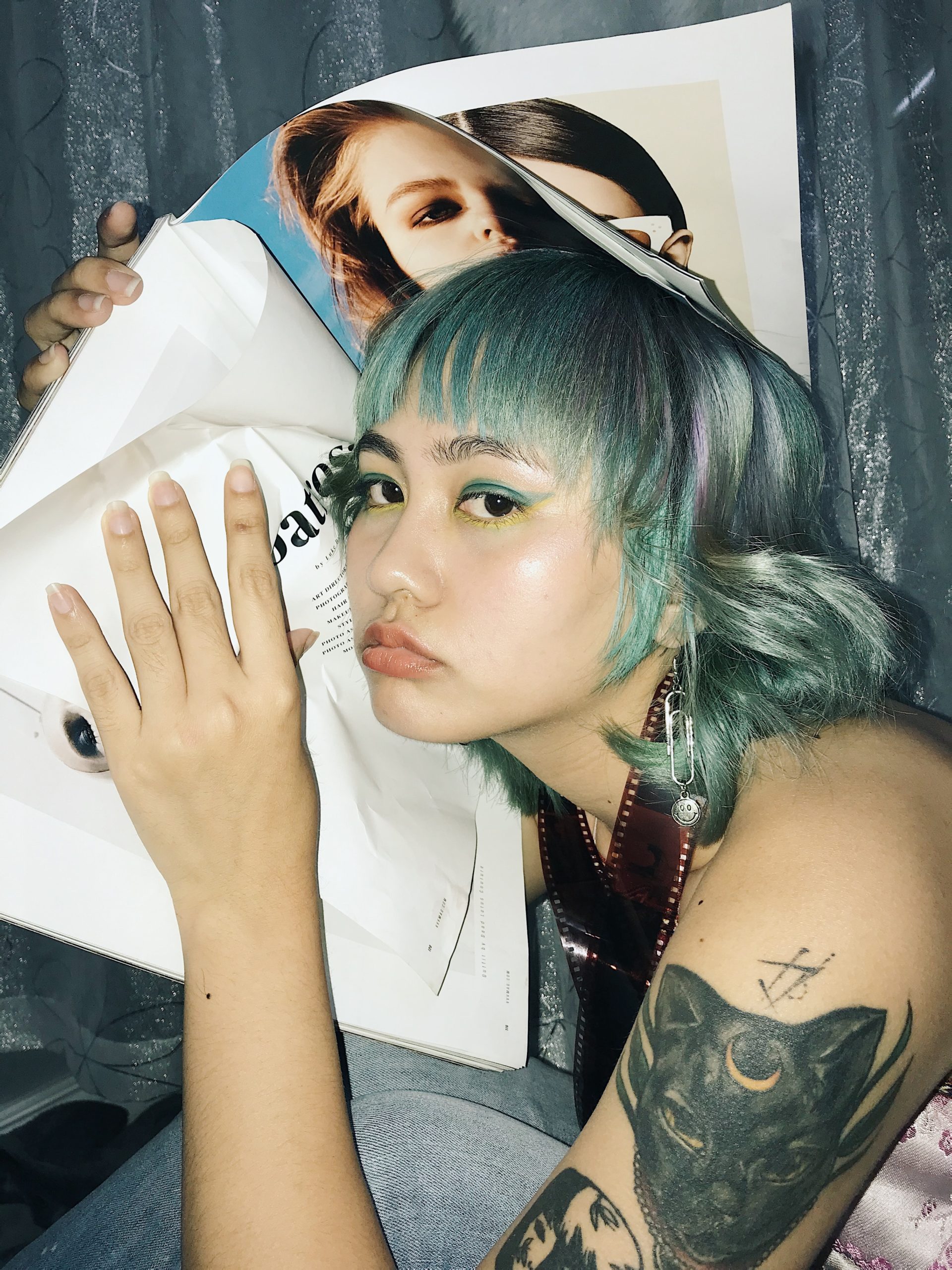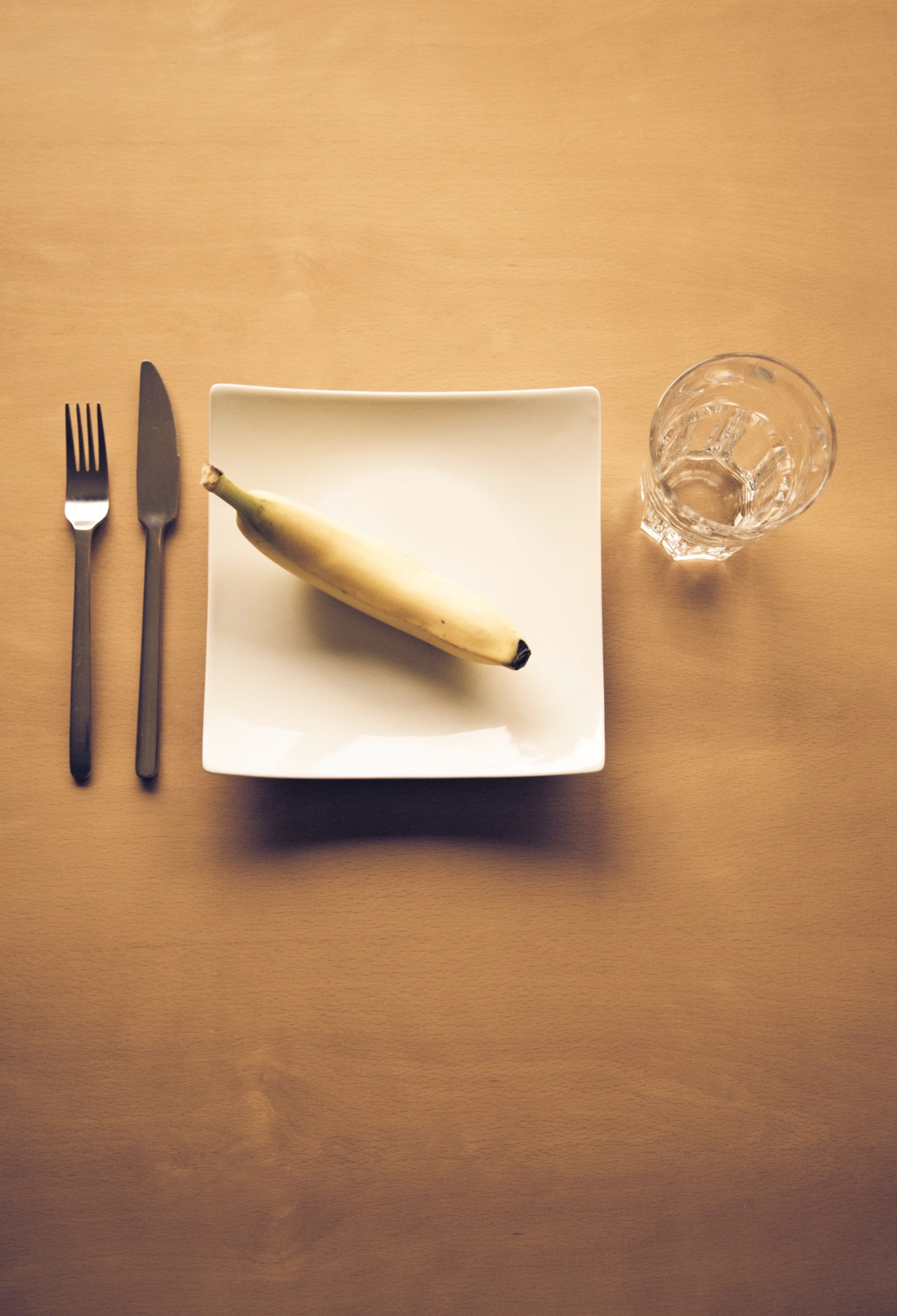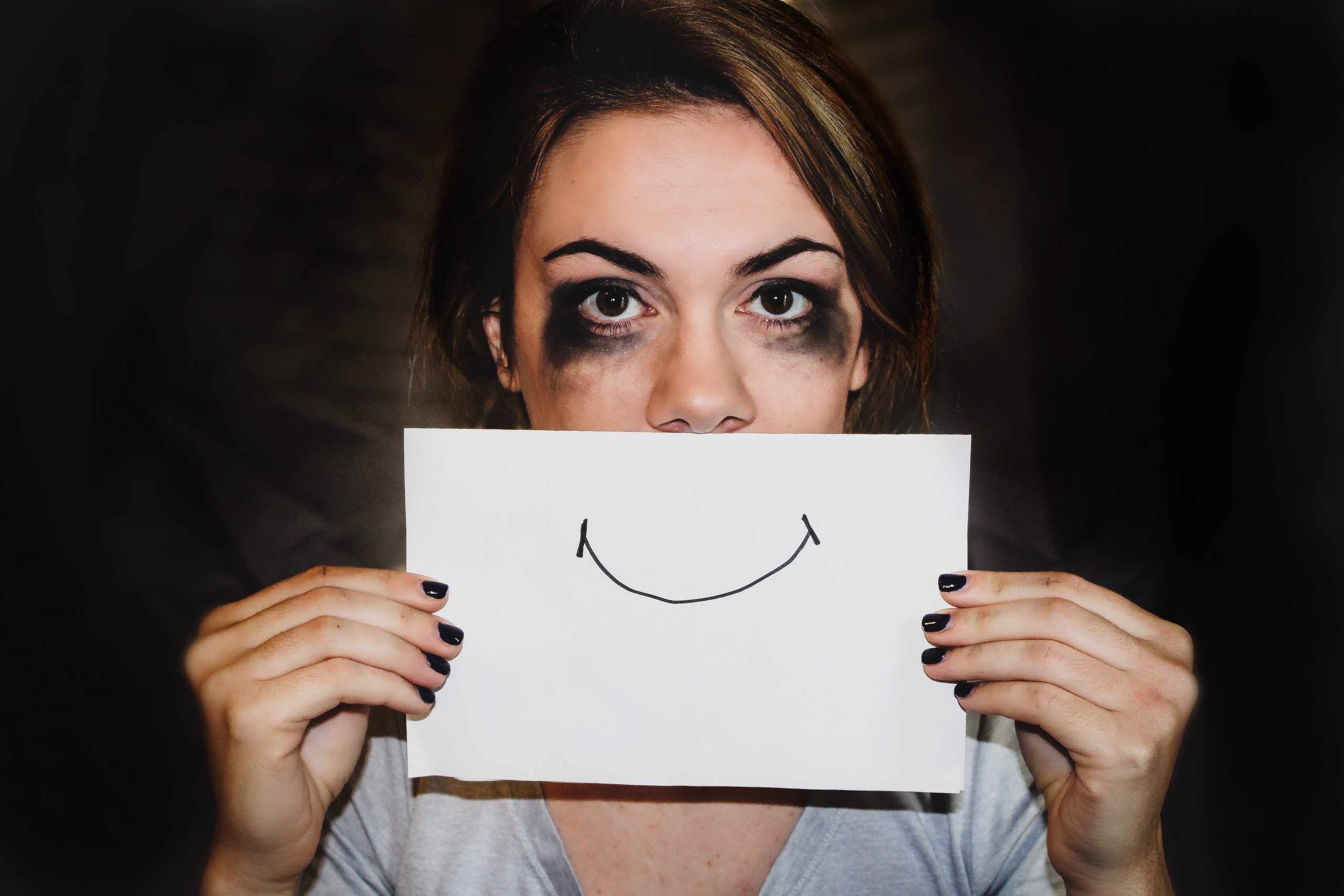We rely on health advice from an industry that simply promotes the latest fad, designed to exploit the vulnerable out of their money. Diet culture wants us to feel bad about our bodies, leading us down a dangerous path of disordered eating behaviours and exercise misuse, inevitably, only profiting those who fool us.
Weight loss TV shows, stick thin celebrities, the ‘obesity epidemic’, Body Mass Index (BMI), bad foods and ‘skinny’ jeans. As a millennial, these were terms and images I was heavily exposed to throughout my childhood and teenage years.

I was a 15 year old girl, eagerly jogging on my treadmill in front of the TV while watching The Biggest Loser. I would dream of living a life like the contestants, exercising for hours on end and following strict eating regimes to ‘transform’ my body.
At school we learnt about BMI, and were required to calculate our own measurements; an activity becoming a petri dish of comparisons and judgment.
The influences that I grew up with were seen as normal, and even healthy, but have resulted in detrimental and dangerous outcomes. I am not alone in my history of disordered eating.
Close to 1 million Australians are living with an eating disorder, with less than one quarter of those receiving treatment or support. A 2012 report commissioned by The Butterfly Foundation, found that females make up 64% of the total.
Eating Disorders
An eating disorder is a mental illness which can be identified as an unhealthy preoccupation with exercise, body weight or shape, and eating habits. Eating disorder behaviours can include restricting, bingeing, compulsive overeating and purging. Purging can extend to vomiting, laxative abuse and excessive exercising.
There are also secondary eating disorder behaviours, which can often fly under the radar due to the influence of diet culture, which creates a sense of normalcy when it comes to obsessing over wellness.
Secondary Eating Disorder Behaviours
Carolyn Costin is a clinician, author and speaker, well-known for her expertise in the eating disorder field. In her book 8 Keys to Recovery from an Eating Disorder, she discusses food rules, food rituals and exercise dependance.
Food rules:
- Being unable to trust internal hunger and fullness cues without a ‘rule’ or ‘guide’.
- Limiting choices of foods or food groups based on rules.
- Measuring foods based on numbers such as calories or time.
- Feeling a sense of control over food, and therefore out of control when food rules cannot be followed.
Food rituals:
- Participating in food behaviours that create a sense of ‘safety’ around food.
- Preparing food in a specific way.
- Consuming foods at the same time every day.
- Eating foods in a particular order.
- A feeling of anxiety if the food ritual cannot be followed.
Exercise misuse:
- Compulsive exercise is a commonly justified behaviour.
- Exercise is no longer a choice, but an obligation.
- Exercise is linked to self worth.
- Exercise is continued through injury and illness.
- Social engagements are cancelled for exercise.
- Exercise is used to compensate for eating.
Diet Culture
Diet culture has a long history, and its roots are embedded in the media, science, medicine, religion and racism today. The anti-diet movement has been established to fight back against an industry that we are conditioned to believe has our best interests at heart.
Christy Harrison is an intuitive eating coach, anti-diet dietitian, and author of Anti-Diet: Reclaim Your Time, Money, Well-Being and Happiness Through Intuitive Eating.
She describes diet culture as a system that:
- “Worships thinness and equates it to health and moral virtue, which means you can spend your whole life thinking you’re irreparably broken just because you don’t look like the impossibly thin “ideal”.
- Promotes weight loss as a means of attaining higher status, which means you feel compelled to spend a massive amount of time, energy, and money trying to shrink your body, even though the research is very clear that almost no one can sustain intentional weight loss for more than a few years.
- Demonizes certain foods while elevating others, which means you’re forced to be hyper-vigilant about your eating, ashamed of your food choices, and distracted from your pleasure, your purpose, and your power.
- And oppresses people who don’t match up with its supposed picture of “health,” which means you experience internalized stigma and shame—and perhaps external stigma and discrimination as well—for all the ways in which you don’t meet diet culture’s impossible standards.”
Diet culture is cunning and clever, we may not even realise when it is meddling with our lives. The identifying trends and behaviours are so normalised in society today, that it sneaks up on us in workplace lunch rooms, at social events, even through our internal voice, which may echo the food rules from our dieting pasts. Diet culture is inescapable.
“The implication is clear: eating anything other than the correct diaita made people less than fully human. The term diet, then, was bound up from the start with ideas about morality, restriction, the renunciation of pleasure, and the superiority of certain races.”

The Anti-Diet Approach
Anti-diet is anti-diet culture. The approach has a focus on overall wellbeing, rather than weight loss, and it shows us how the foods we eat and what our bodies look like, are not tied to moral virtue or social status.
Diet culture makes us believe that we have to ‘beat’ our hunger and change our bodies in order to find happiness and self worth.
Christy says, “Diet culture is a form of oppression, and dismantling it is essential for creating a world that’s just and peaceful for people in ALL bodies.”
Research supports this notion and confirms that diet’s don’t work. A 2019 study concludes: “The increases in BMI and WC were greater in dieters than in non‐dieters, suggesting dieting attempts to be non‐functional in the long term in the general population.”

To adopt the anti-diet approach, we need to keep our wits about us. Organisations know that diets don’t work, and have been moving away from language such as ‘diet’ and ‘weight loss’, instead, changing their language to terms like ‘wellness’. The diets have not ceased, they have just changed forms.
Diets are often disguised through buzz words such as ‘protocol’, ‘clean eating’, ‘health reset’, ‘nutrition challenge’ or ’lifestyle change’.
How can we adopt the anti-diet approach and fight back against diet culture? We can keep an eye out for diet culture red flags.
Diet Culture Red Flags
- Wellness programs with a weight loss focus.
- The use of before and after photos.
- A program that gives food a moral value such as ‘good’ or ‘bad’, including ‘traffic light’ systems and the like, that categorise foods.
- Eliminating foods or food groups, without a medical reason.
- Focusing on numbers such as calories, percentages, or time.
- Buzz words like ‘cleansing’ or ‘detoxing’.
- Tracking of calories, exercise or steps.
What can we do now to start adopting the anti-diet approach? We can identify diet culture through it’s red flags, notice our own internal dialogue when it comes to food, say no to fad and perfectionistic diets, and unfollow social media accounts that make us feel bad about our bodies or food choices. When we stop engaging in diet culture, diet culture loses its power.
“Weight loss doesn’t heal people from their internalised weight stigma. Bad body image is not cured by weight loss.” – Lisa DuBreuil in Anti-Diet.





